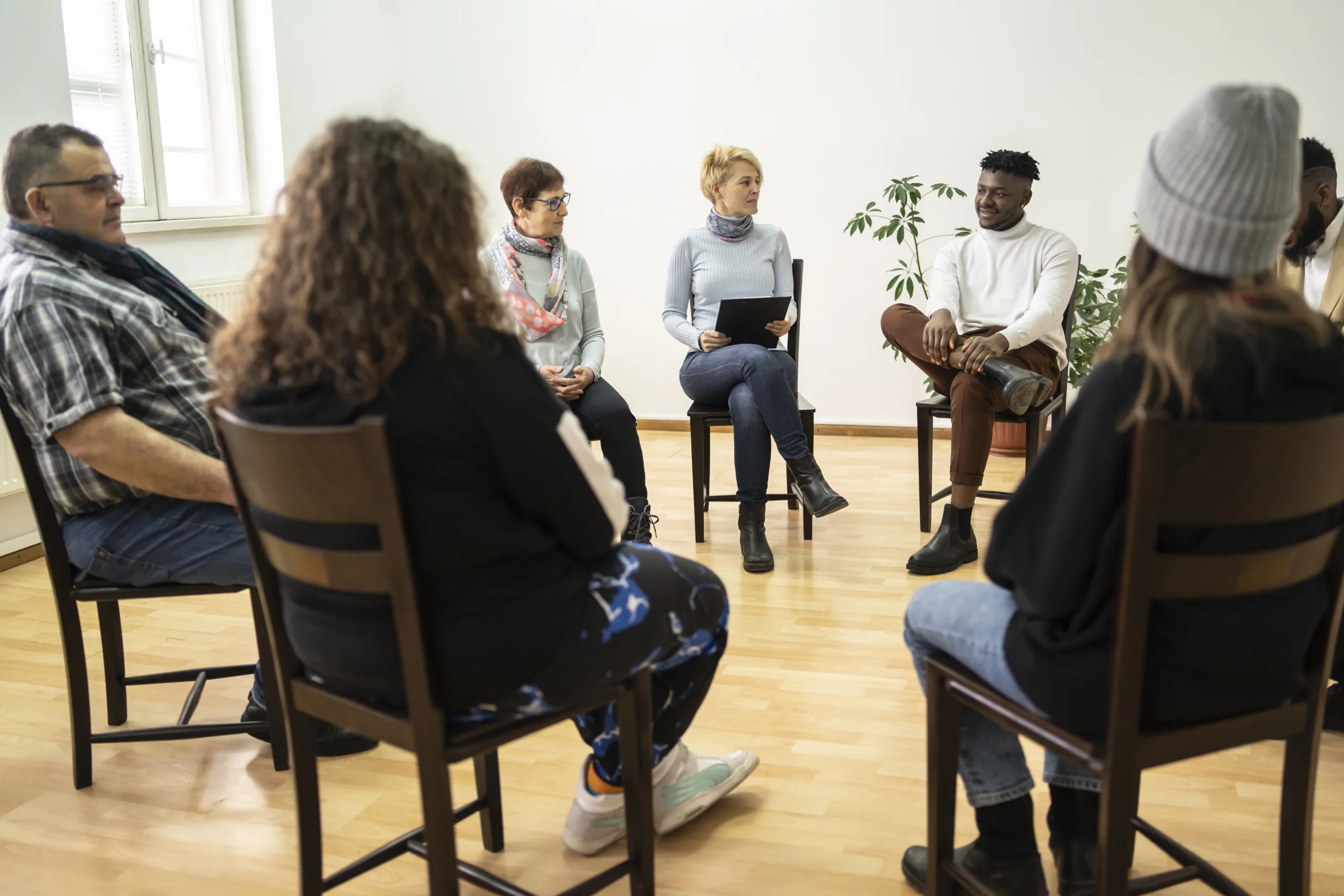24/7 Helpline:
(866) 899-111424/7 Helpline:
(866) 899-1114
Learn more about Group Therapy centers in San Juan Bautista
Group Therapy in Other Cities

Other Insurance Options
Beacon

Health Partners

BHS | Behavioral Health Systems

American Behavioral

Sliding scale payment assistance

WellCare Health Plans

Self-pay options

WellPoint

UnitedHealth Group

Health Net

UMR

Holman Group

Regence

EmblemHealth

Optum

Anthem

Highmark

Ceridian

Providence

Optima



























